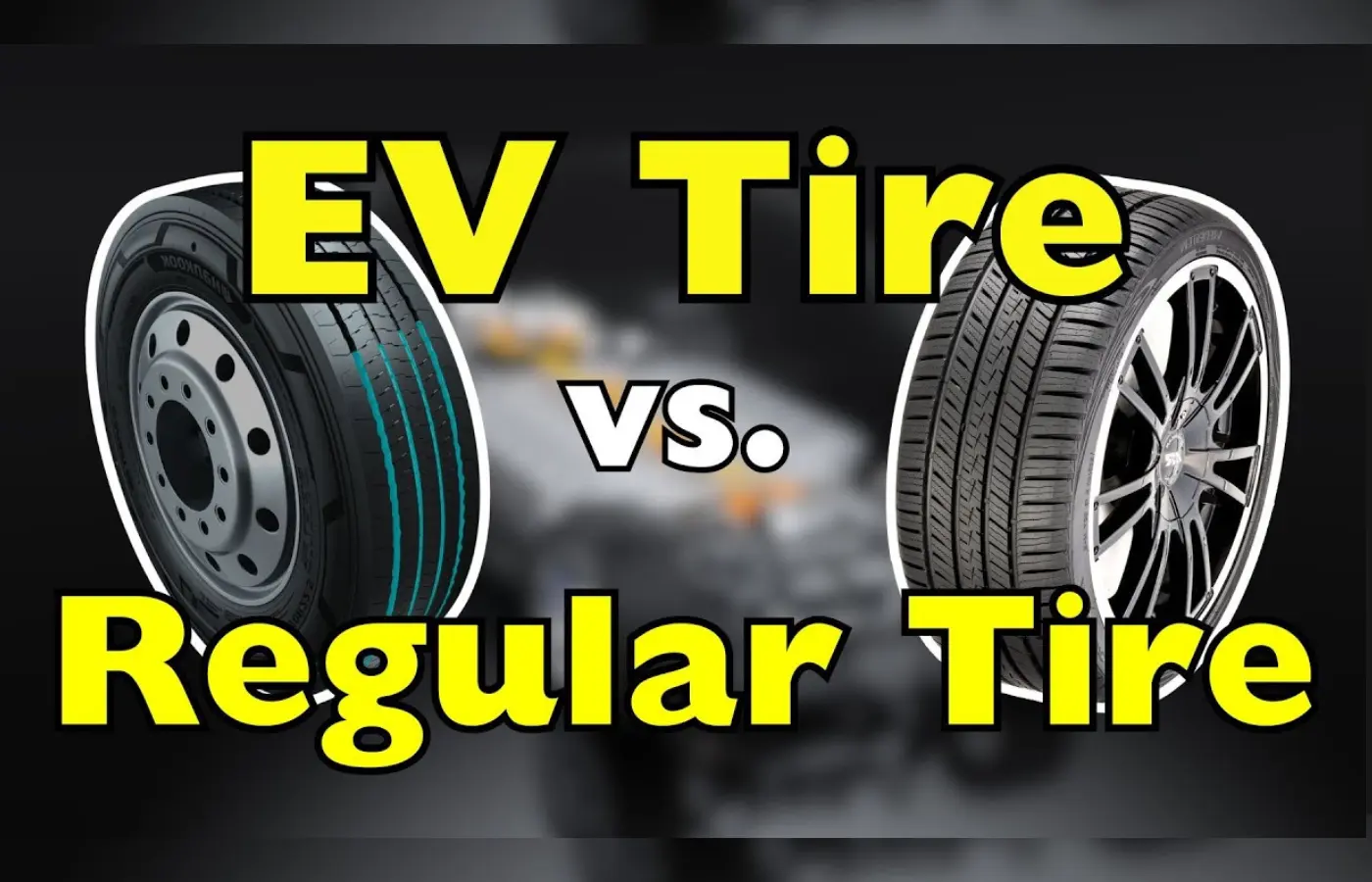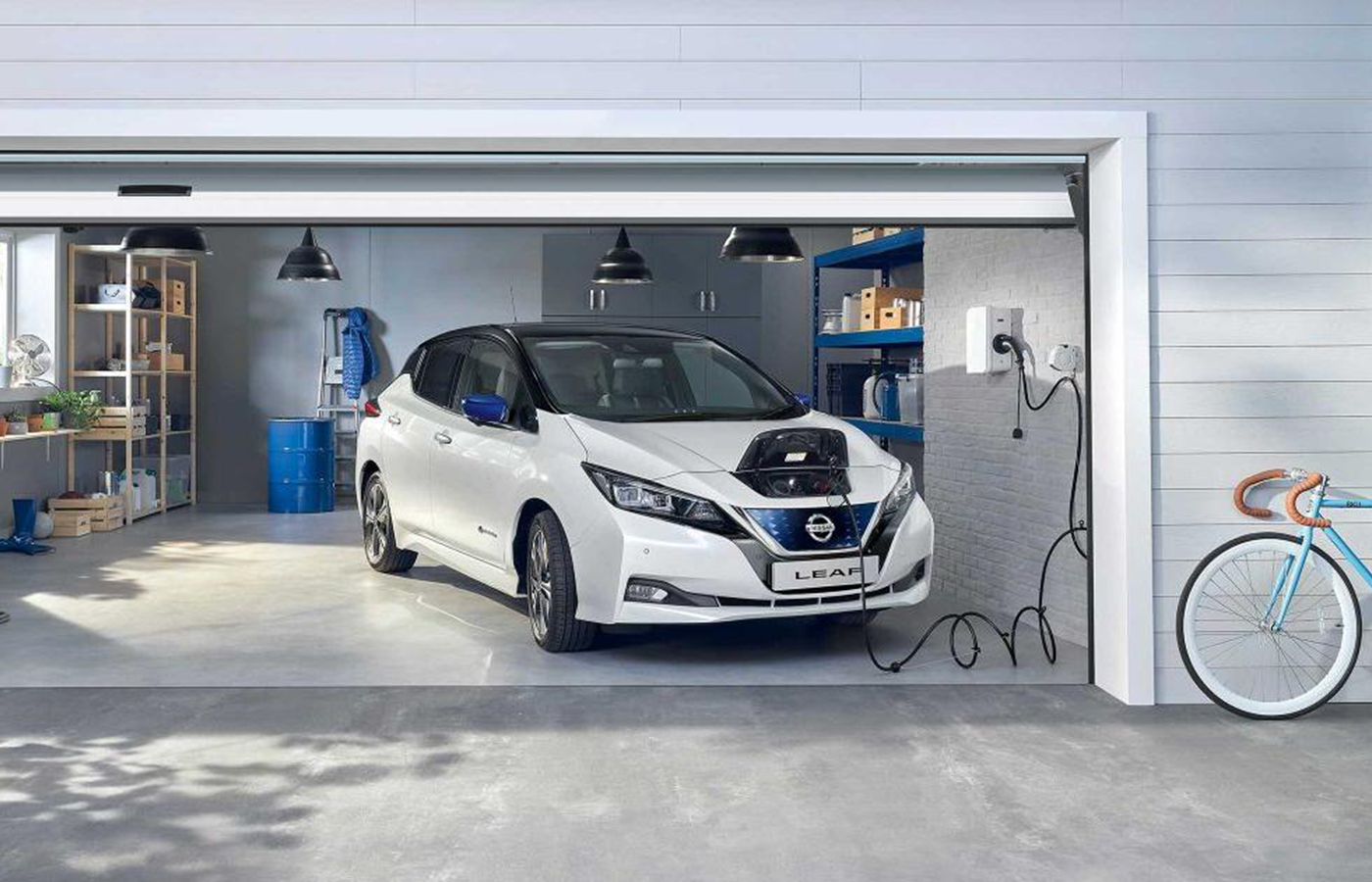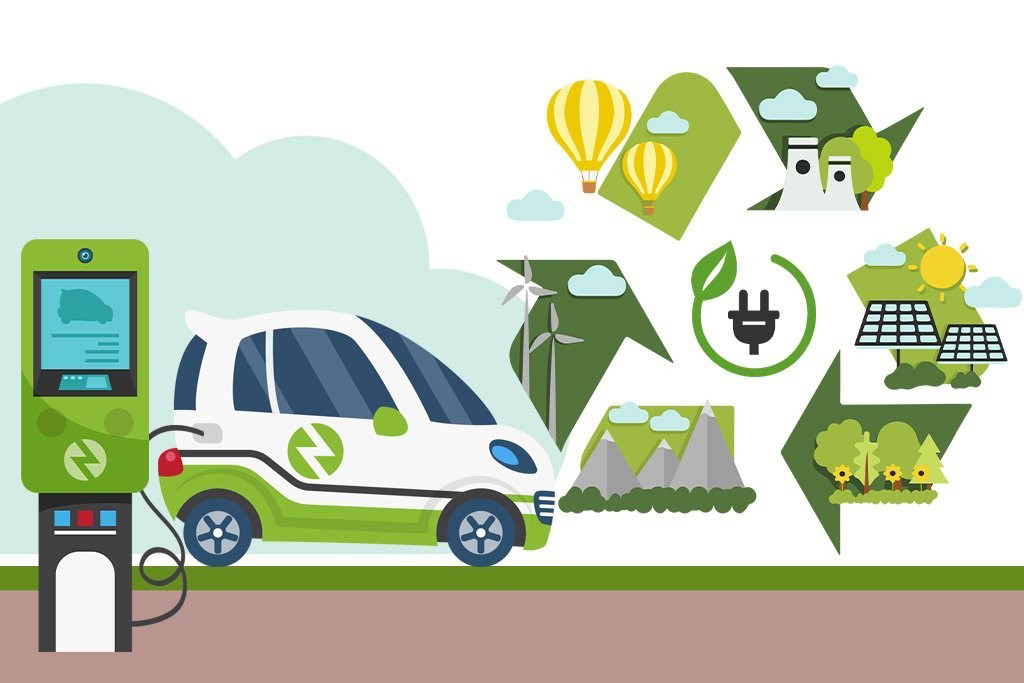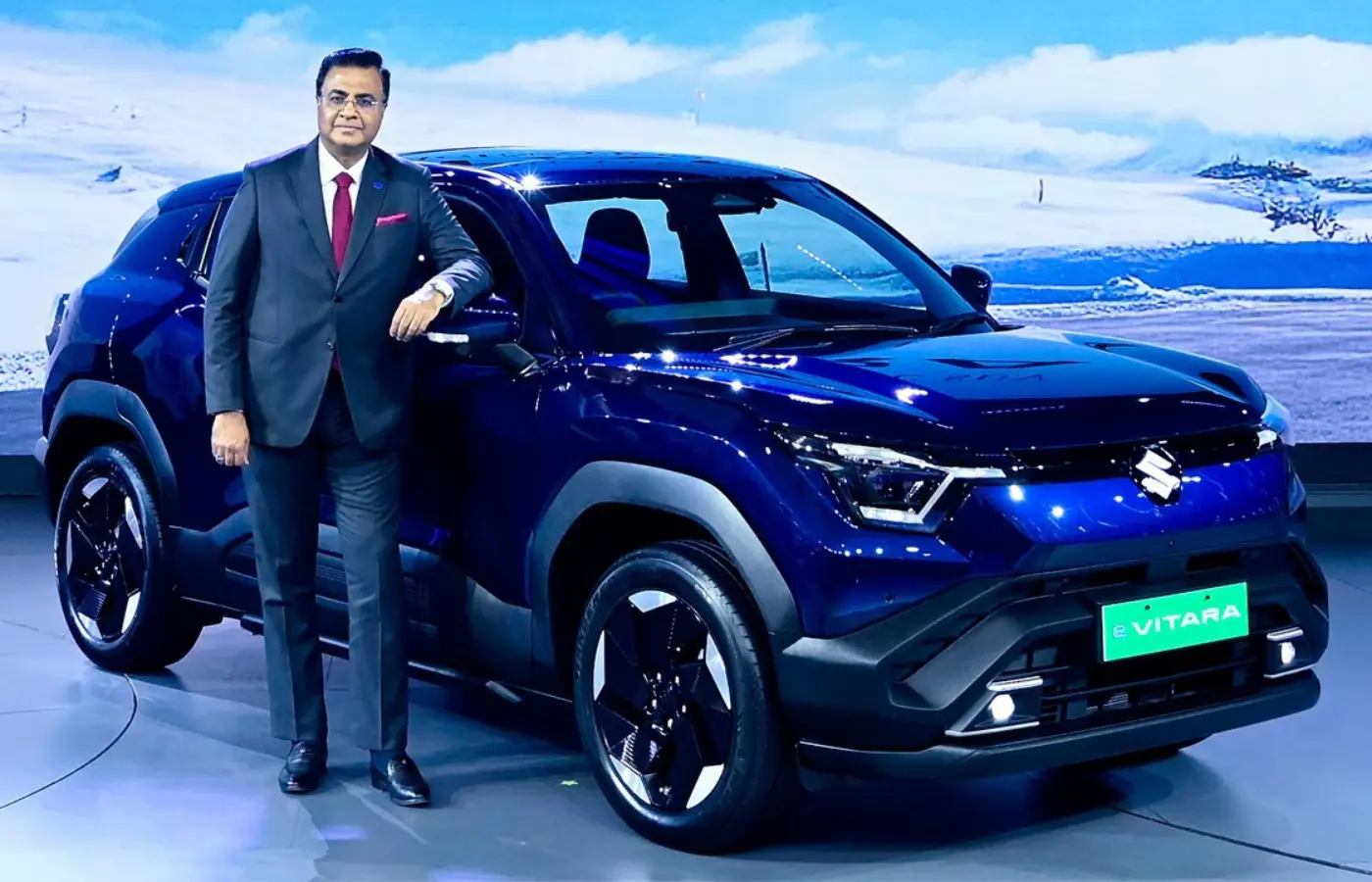EV Tyres VS Normal Tyres: Five Key Differences Explained

As EV sales is constantly rising and wide range of users are adopting electric mobility as their prime source of transportation, and as they are maintaining their electric vehicles, there are various maintenance aspects that are coming into consideration and one is tyres, which needs to be replaced time-to-time and contribute directly to an EVs overall performance.
However electric cars or two-wheelers use exclusive tyres specifically designed for EVs, which are completely different from normal road tyres which are used in petrol and diesel cars. As EVs and ICE cars share a lot of parts in common, there are various reasons why EVs need specific tire designs and let’s discuss these differences between EV tyres and normal tyres.
Key Differences
Rolling Resistance: This is one of the most important factors to consider as the major difference between EV tyres and normal tyres is their level of rolling resistance, as the only source of power for EVs is electric power, thus it is very essential for EVs to increase their energy efficiency.
.webp)
To achieve this, EV-specific tyres are crafted to have minimum rolling resistance, thus significantly reducing the energy consumption to move the vehicle and saving energy. These tyres include advanced tread patterns, with exclusive rubber compounds, and less sidewall stiffness, which contribute to increased range and longer battery life.
Weight Distribution: Electric vehicles have comparatively different weight distribution than ICE cars as EVs are attached with heavy batteries that are generally placed on the car’s floorboard, so EVs have maximum weight at the floorboard area.
EV-specific tyres are designed accordingly to handle this unique weight distribution, thus ensuring increased traction, stability at high speeds and providing superior handling. The weight of EVs is optimally distributed through tread patterns and sidewall construction, which also helps to maintain overall grip on the road, especially while cornering at turns and heavy braking.
.webp)
Tyre Noise: EV users also prioritize minimum cabin noise, and NVH levels, as electric cars are super silent and don’t have any type of engine noise which is majorly associated with ICE cars, thus EV tyres are developed for less rolling noise, thus elevating the driving experience by providing a quieter environment.
To achieve this, manufacturers have used creative tread block designs and noise-absorbing materials in order to remove vibrations while driving EVs and reduce unnecessary noise levels, which leads to a seamless yet comfortable ride.
Load-Bearing Capacity: With the added weight of the battery packs, EVs are generally heavier than traditional ICE cars. Thus EV-specific tyres are developed to handle this excess weight by offering higher load-barring capacity than normal car tyres.
.webp)
This ensures that tyres can safely handle the weight of EVs, eradicating the fear of premature wear and tear, excessive heating, and other safety hazards.
Regenerative Braking: EVs generally use regenerative braking technology which just converts the kinetic energy into electric energy which is further stored into the batteries, this ultimately helps in increasing the range of the vehicle on a single charge. EV-specific tyres are engineered to provide better grip and traction.
The rubber compounds and tread patterns ensure superior braking especially at high speeds, thus allowing EVs to extract the regenerative braking to the best of its abilities.
.webp)
Conclusion
Thus EV-specific tyres are exclusively manufactured to cater according to the unique factors of an electric vehicle by ensuring a proper energy efficiency, improved ride and handling, controlled noise levels, and enhanced safety. These tyres are crafted to solve the issues of EVs such as different weight distribution, rolling resistance, and regenerative braking coming in next-generation EVs.
As EVs are becoming popular and bridging the gap between its users, it is very important for EV users to understand the characteristics of EV-specific tyres and choose appropriate equipment that indirectly help to maximise their EV’s overall performance and reliability of their electric cars.



.webp)
